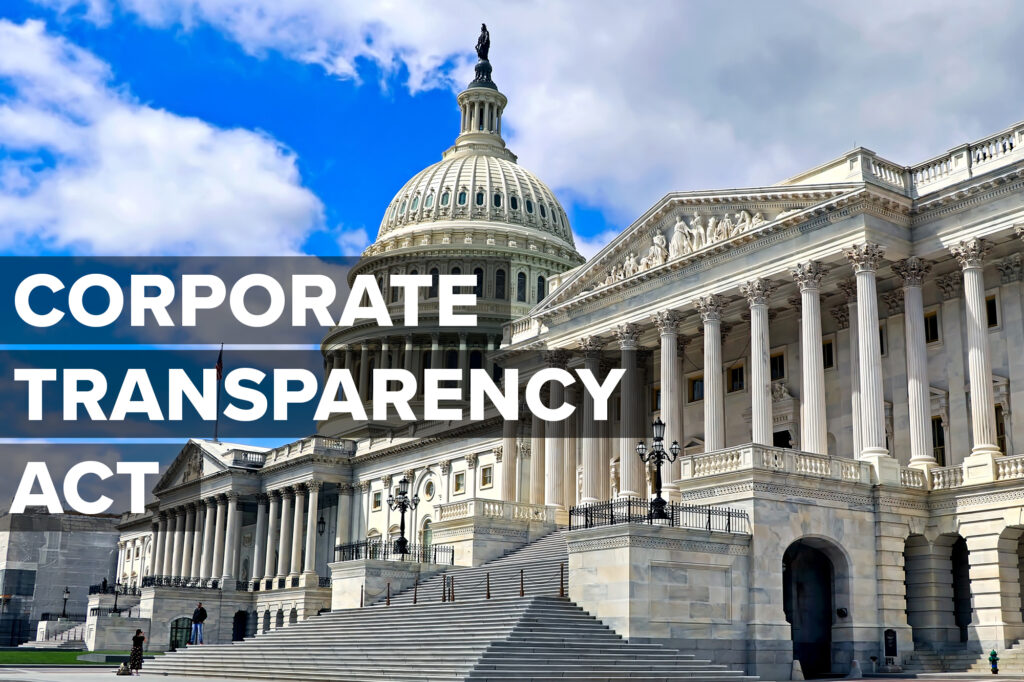
The Corporate Transparency Act
CTA (Corporate Transparency Act) Update 2/10/2025
On December 3, 2024, the U.S. District Court for the Eastern District of Texas issued a nationwide preliminary injunction in Texas Top Cop Shop, Inc. v. Garland, halting the enforcement of the CTA. Subsequent legal maneuvers led to temporary reinstatements and suspensions of the Act’s provisions. Notably, on January 23, 2025, the U.S. Supreme Court lifted the injunction in the Texas Top Cop Shop case. However, a separate nationwide injunction issued on January 7, 2025, in Smith v. U.S. Department of the Treasury continues to block the enforcement of the CTA.
In light of these developments, FinCEN (Financial Crimes Enforcement Network) has clarified that reporting companies are not currently required to file beneficial ownership information and will not face penalties for non-compliance during the injunction period. Despite this, FinCEN’s online portal remains open for voluntary submissions.
Given the fluidity of the legal landscape surrounding the CTA, businesses are advised to stay informed about potential changes to their reporting obligations. Consulting with legal counsel is recommended to ensure preparedness for any future compliance requirements.
The Corporate Transparency Act
12/4/24 Update: A federal court has halted the implementation of the Corporate Transparency Act’s beneficial ownership reporting requirements. This will remain in effect until the conclusion of legal proceedings. As of this update, businesses are not required to comply with the reporting requirements.
The Corporate Transparency Act (CTA), enacted in January 2021 as part of the Anti-Money Laundering Act, aims to combat illicit financial activities by increasing transparency in corporate ownership. Scheduled to take full effect on January 1, 2024, the law requires certain businesses operating in the United States to disclose their beneficial ownership information (BOI) to the Financial Crimes Enforcement Network (FinCEN).
Beneficial owners are individuals who directly or indirectly own or control at least 25% of a company or exercise significant control over it. The CTA targets anonymous shell companies often exploited for money laundering, tax evasion, and other financial crimes. Most small and medium-sized businesses, including limited liability companies (LLCs) and corporations, fall under its scope, though some entities—such as publicly traded companies—are exempt.
Noncompliance with the CTA can result in significant penalties, including fines and imprisonment. The collected BOI will not be publicly accessible but will be available to law enforcement and financial institutions under strict protocols.
The CTA represents a significant step in modernizing U.S. financial regulations, promoting accountability while safeguarding legitimate business interests. Businesses should prepare to comply to avoid legal repercussions.
Objections to the Corporate Transparency Act
The Corporate Transparency Act (CTA), set to take full effect on January 1, 2024, has faced significant opposition from various stakeholders. Critics argue that the CTA imposes excessive regulatory burdens on small businesses, which often lack the resources to navigate complex compliance requirements. Unlike large corporations with legal teams, smaller entities may struggle to file accurate beneficial ownership information (BOI) and face harsh penalties for noncompliance.
Privacy concerns also play a central role in objections to the CTA. Although the collected BOI will not be publicly accessible, critics fear it could still be misused or compromised, raising risks of data breaches and unauthorized access. Business owners argue this undermines their right to privacy, particularly in cases where ownership details are sensitive.
Some opponents question the law’s effectiveness in combating money laundering and illicit activity, suggesting it disproportionately affects law-abiding businesses while sophisticated criminals will find ways to circumvent the regulations.
Overall, objections to the CTA highlight concerns over privacy, administrative burdens, and potential unintended consequences, leading some to call for revisions or exemptions to the law.
The U.S. Treasury Department has appealed the court’s decision to halt the (CTA), emphasizing the CTA’s role in protecting the U.S. financial system. This development has introduced uncertainty for businesses previously preparing for the January 1, 2025, compliance deadline. While the legal process unfolds, companies are advised to stay informed and consult legal counsel to ensure readiness for potential future requirements.
 info@acofcpa.com
info@acofcpa.com Harrisburg, PA
Harrisburg, PA
